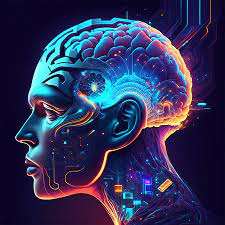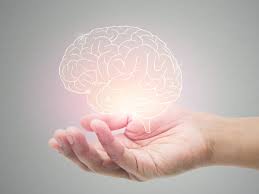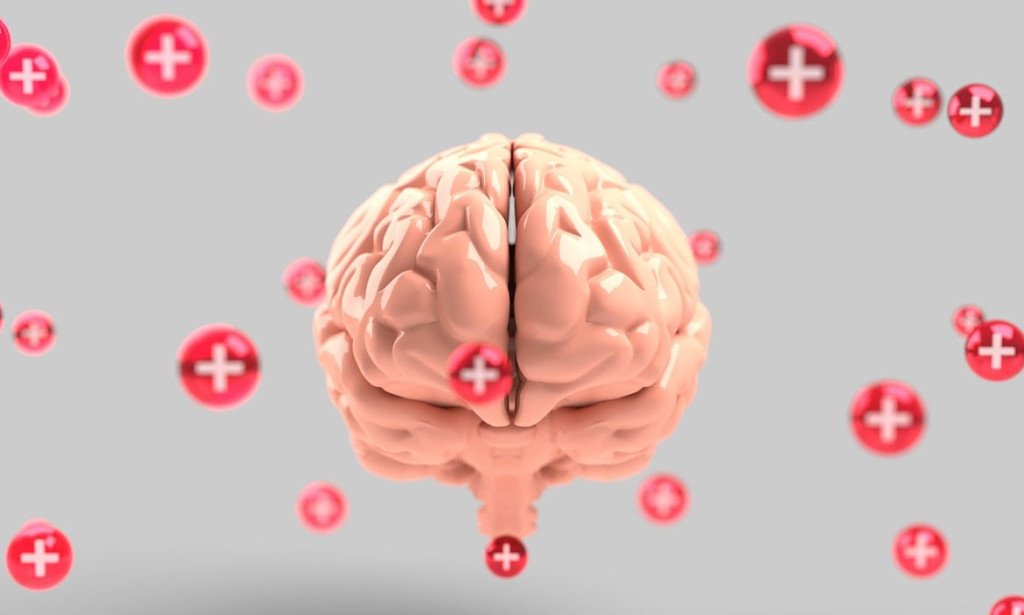When Is the Human Mind Young?

The concept of the "young mind" often invokes images of childhood, with its unbridled curiosity, boundless imagination, and a sense of wonder about the world. However, the question of when the human mind is truly young is a complex and multifaceted one. Is it a matter of age, or does the youthful spirit of the mind transcend chronological markers? In this exploration, we delve into the intricacies of the human mind's youthfulness, considering various perspectives that contribute to its perpetual sense of freshness and vigor.
The Early Years: Foundation of Curiosity
Childhood is undeniably a time of unparalleled youthfulness for the mind. During the early years, the brain undergoes rapid development, forming crucial neural connections that shape cognitive abilities. Curiosity is at its peak as young minds eagerly absorb information, ask countless questions, and navigate the world with unfiltered enthusiasm. This phase lays the foundation for a lifelong journey of learning and exploration.
The Adolescent Quest for Identity
As individuals transition into adolescence, the quest for identity becomes a prominent aspect of the youthful mind. Teenagers grapple with self-discovery, challenging societal norms, and exploring personal beliefs. This period is marked by a surge of creativity, idealism, and a willingness to question the status quo, reflecting the youthful vigor of the mind in its pursuit of understanding the self and the world.
Lifelong Learning: A Fountain of Youth for the Mind
While chronological age may advance, the mind retains its youthfulness through a commitment to lifelong learning. Engaging in new experiences, acquiring fresh knowledge, and embracing a curious attitude contribute to a perpetually young mind. Whether through travel, reading, or acquiring new skills, individuals can sustain the youthful essence of their minds well into adulthood.
Creativity Knows No Age Limits
Creativity, often associated with the vibrancy of youth, is a timeless aspect of the human mind. While children may express creativity through imaginative play, adults can tap into their creative wellsprings through various outlets such as art, writing, or problem-solving. The ability to think outside the box and approach challenges with innovative solutions keeps the mind perpetually young.
The Role of Open-Mindedness
A young mind is characterized by its openness to new ideas and perspectives. Cultivating open-mindedness, regardless of age, allows individuals to embrace diversity, adapt to change, and continuously expand their mental horizons. This willingness to explore, unburdened by preconceived notions, contributes to a mind that remains refreshingly young.
Nurturing Emotional Resilience

The resilience of the human mind, akin to the boundless energy of youth, plays a pivotal role in maintaining a sense of youthfulness. Developing emotional resilience allows individuals to bounce back from setbacks, navigate challenges with optimism, and approach life's ups and downs with a youthful spirit. Emotional well-being becomes a fountain of youth for the mind.
The Wisdom of Aging
Paradoxically, the aging process itself can contribute to the youthfulness of the mind. With age comes wisdom, an accumulation of experiences, and a deeper understanding of life. The mature mind, enriched by years of learning and reflection, can possess a youthful curiosity grounded in profound insights and a nuanced perspective on the world.
Conclusion
In exploring when the human mind is young, it becomes evident that youthfulness is not confined to a specific age but is a dynamic and ever-evolving aspect of our cognitive and emotional lives. The early years provide a fertile ground for curiosity, adolescence sparks the flame of identity, and lifelong learning, creativity, open-mindedness, and emotional resilience sustain the perpetual youthfulness of the mind. As individuals navigate the various stages of life, embracing the wisdom that comes with age while retaining the spirit of youth ensures a timeless and vibrant mental existence. The human mind, it seems, can remain young as long as it continues to embrace the beauty of curiosity, creativity, and a zest for lifelong learning.


You must be logged in to post a comment.